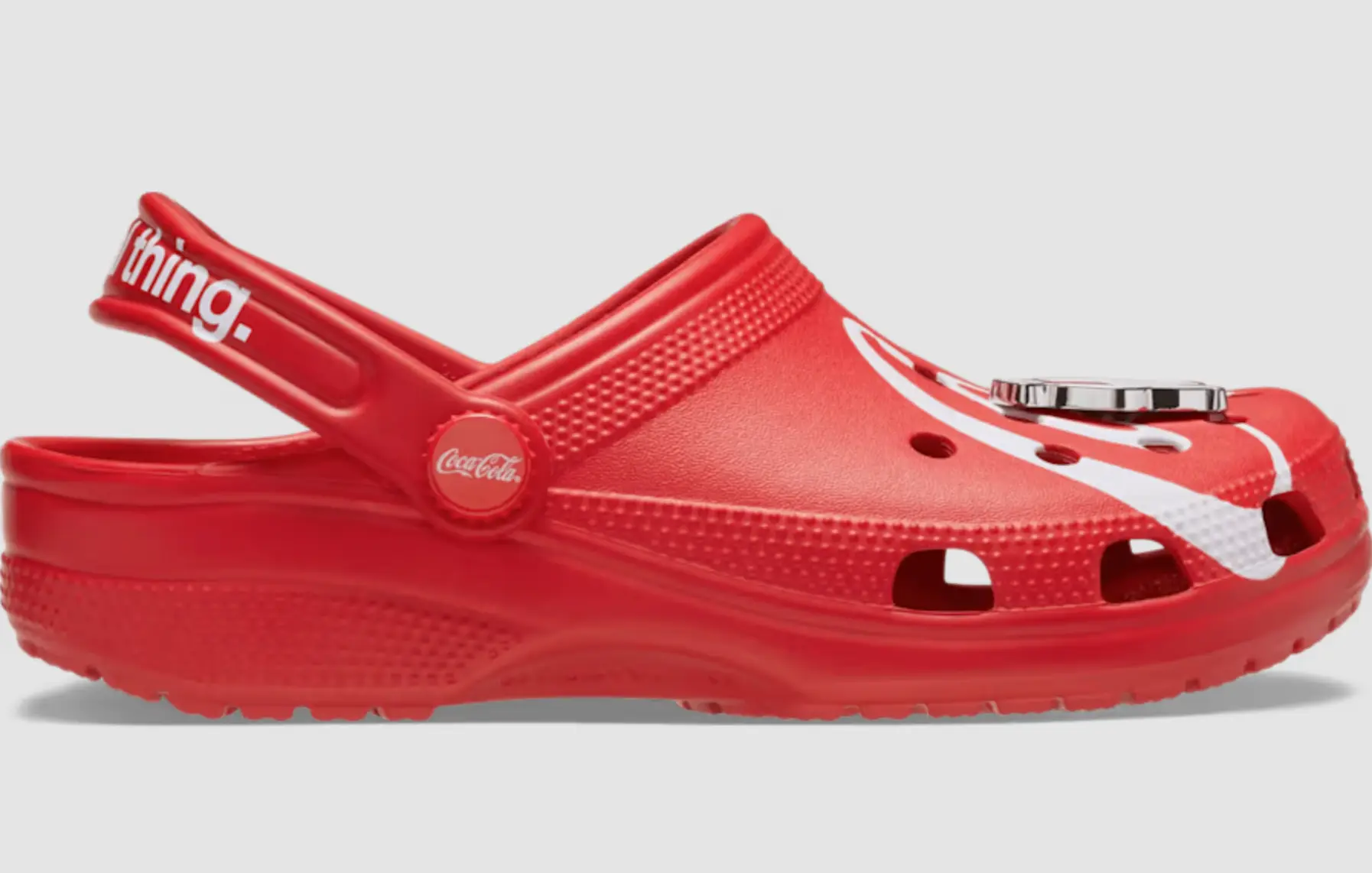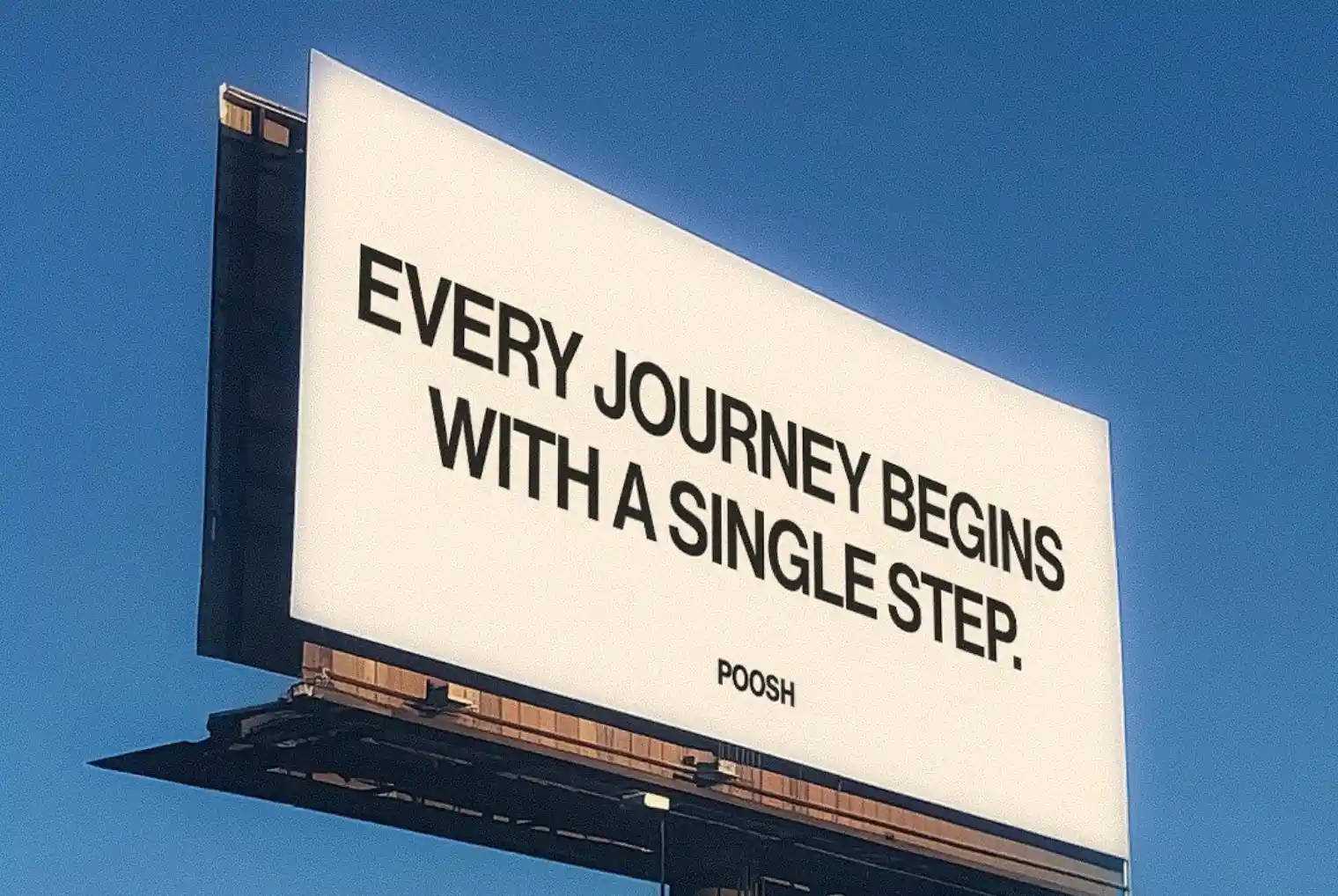Elmo’s Wellness Check-In Backfired - These Are The Best Responses.
Updated on
Published on

Well-known Sesame Street character Elmo made a simple post on X this week, asking people how they were. It pretty much broke the Internet. "Elmo is just checking in! How is everybody doing?" said Elmo. What started as a simple question from Elmo turned into an unexpected and somewhat sad online conversation. The post quickly went viral, with 210 million views, 20,000 responses, and 60,000 more reposting and letting him know their honest struggles.
In response, thousands of users expressed their existential dread, financial difficulties, mental health struggles, and general despair in sincere, dark, and humorous ways. Some spoke about losing their jobs, broken relationships and more. The nature of the responses got so concerning that the official "Sesame Street" account was prompted to share mental health resources, acknowledging the seriousness of the situation. This entire experience has likely been among the most authentic and real human encounters on X.
The responses reflected the collective challenges faced by people in 2024, including the wars, famines, mass shootings, and a documented mental health crisis among the young in the world. Users poured out their anxieties, creating a unique space for candid discussions. Below, we can see some of the poignant replies from users, ranging from dark humour to brutally honest admissions:
“Elmo, I just got laid off.”
"Elmo, we are all tired."
"Every morning, I cannot wait to go back to sleep. Every Monday, I cannot wait for Friday to come."
"The world is burning around us, Elmo."
"Elmo I’m at my lowest, thanks for asking."
"Elmo, do you even have a mortgage?”
And our favourite one:
"Elmo I’m gonna be real I am at my f***ing limit."
Just two months into the year 2024, and Elmo is already the target of internet trauma.
The posts were made even funnier by the fact that many other brands joined the conversation, including Adobe, Among Us, Domino's Pizza, Subway, OREO, Sour Patch Kids, and The Sims. Brand Vision Marketing has compiled a selection of the best brand reactions to the Elmo X post below.
Adobe Photoshop
Among Us
Domino's Pizza UK
OREO Cookie
Subway
Sour Patch Kids
The Sims
It's notable to mention that brands that engaged with Elmo's viral X post benefited their marketing efforts in several ways.
First and foremost, by participating in the conversation, these brands increased their visibility and engagement on social media platforms. Elmo's post received a lot of attention, giving brands the chance to connect with people who might not typically engage with their content.
Second, using a tone that was similar to what most people responded to Elmo's question showed that brands had a good grasp of the current cultural trend. It made the brands seem more approachable and in tune with their audience's emotions by making them seem more like real people. This was especially true for brands that used humour in their responses, which showed that they knew how to use trending topics to their advantage and positioned themselves as culturally aware and able to connect with customers in a real and funny way.
Additionally, the brands' participation in the conversation generated organic interactions and discussions among users. This increased the likelihood of their content being shared, creating a ripple effect that further expanded their reach on social media platforms.
Also, when brands connect their messages with a well-known character like Elmo, they play on people's emotional connections with childhood memories and the sense of nostalgia that comes with famous figures. This emotional connection can make people feel good about the brand, which could change their minds and make them more loyal to the brand.
Beyond the surface, there was a remarkable aftermath. Because of all the comments on Elmo's post on X, the account made a second post just over 24 hours later that says, “Wow! Elmo is glad he asked! Elmo learned that it is important to ask a friend how they are doing. Elmo will check in again soon, friends! Elmo loves you. #EmotionalWellBeing”
People and brands began to thank Elmo and other "Sesame Street" characters for asking, stressing how important it is to feel safe and understood during tough times. The cultural space created by the exchange is where it becomes acceptable for individuals to openly admit that they are not okay. It acknowledges that popular kids' shows like "Sesame Street" can help with emotional health, even for adults. While reading these replies, some people were even worried about Elmo, and many said that Elmo is the one who is not okay now.
Many more companies that had not yet replied to Elmo's original post, joined his subsequent post to express gratitude for his follow-up. Among them were Xbox, Google Play, NASA, and many more.
NASA: Thanks for checking in, @Elmo. Reminding you all that you are made of star stuff.
Xbox: Thank you for listening, Elmo
Google Play: We love you, Elmo
The sudden shift from a simple question to a deep conversation about emotional health shows how Elmo's character has affected people and how important "Sesame Street" is to culture. People were able to show how vulnerable they were through the online interaction, which shows how important empathy, understanding, and mental health support are in today's world.







